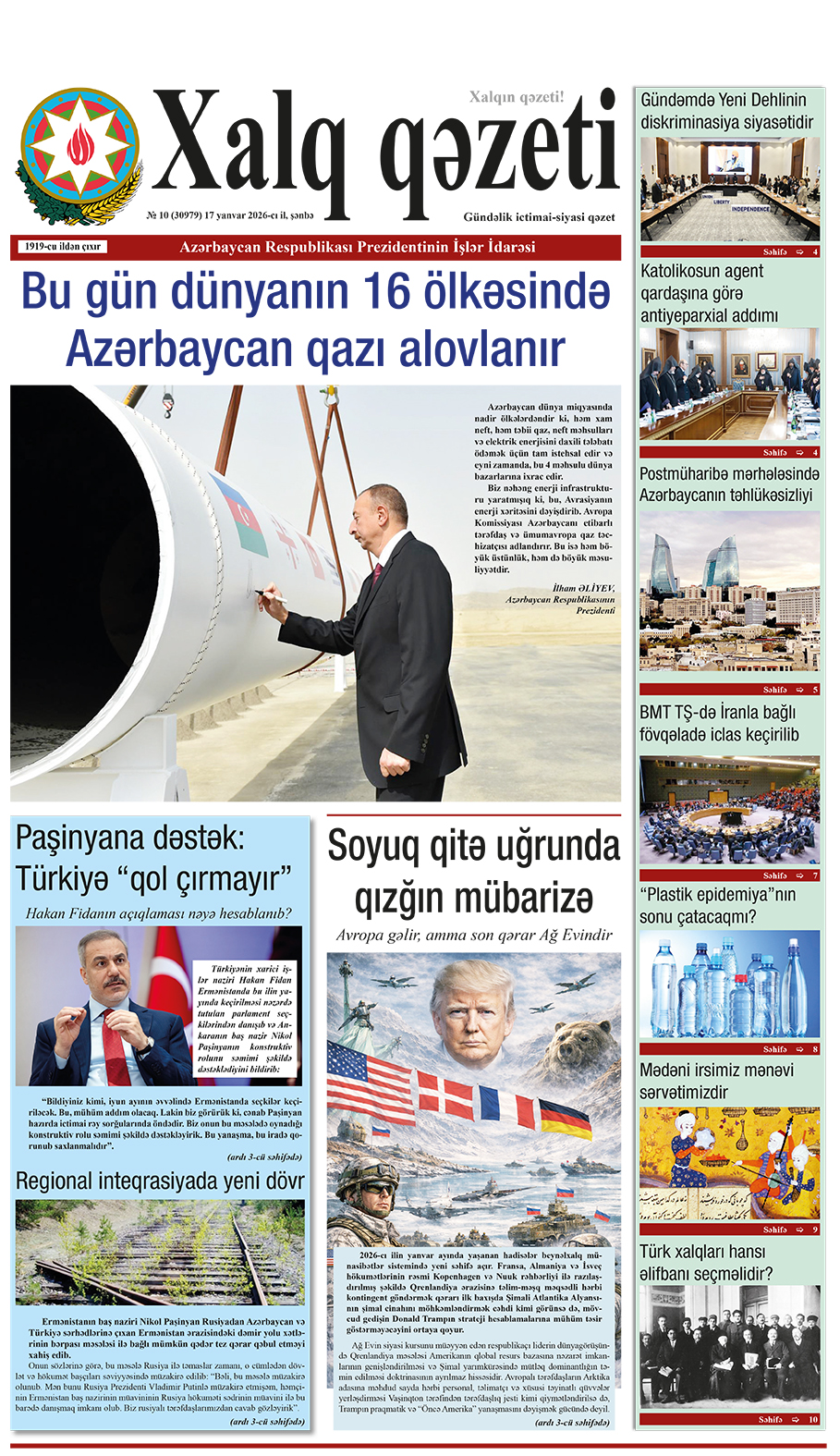ByDR. ITAY GAL
A new study by Bar-Ilan University shows how war-related stress may lead to complications during pregnancy and childbirth.
Pregnant women under prolonged psychological stress due to war are more vulnerable to complications during pregnancy and childbirth, according to an Israeli study conducted by Bar-Ilan University.
Based on data collected from over 30,868 births in Israel, the study found a direct connection between exposure to wartime stress and a rise in birth-related complications, including the early rupture of membranes, gestational diabetes, and postpartum hemorrhage.
The study, conducted by researchers from Bar-Ilan University, the Lis Maternity and Women’s Hospital at Sourasky Medical Center (Ichilov), and other leading medical institutions, analyzed births at nine hospitals across Israel between October 2022 and April 2024.
Researchers compared women who gave birth during the six months post-October 7, 2023, with women who gave birth during the same period the previous year.
The research team was led by Prof. Racheli Magnezi of Bar-Ilan University, along with Dr. Roy Beitan, Dr. Ori Amikam, and Dr. Inbal Reuveni of Ichilov Hospital, and Prof. Orly Weinstein and Dr. Assaf Trifto of Clalit Health Services.
Key findings of the study
The study's key finding is that stress has a physiological impact on the female body during pregnancy. According to researchers, stress activates the body's emergency response system, known as the hypothalamic-pituitary-adrenal (HPA) axis, leading to elevated levels of the stress hormone cortisol. This increase can disrupt various physiological systems, cause changes in blood pressure, trigger preterm labor, and alter the body’s ability to regulate blood sugar, potentially leading to gestational diabetes.
It was found that the rate of the premature rupturing of membranes increased from 11.5% before the war to 15.4% during the conflict. The early rupture rate increased from 3% to 3.4%. The occurrence of gestational diabetes increased from 10% to 10.8%, and excessive postpartum bleeding rose from 3.6% to 4.4%. All these differences were found to be statistically significant.
The researchers believe that stress is the primary factor behind these changes. High levels of stress, especially during the early stages of pregnancy, can affect pregnancy as a whole. Stress can also lead to poor diet choices, decreased physical activity, and skipped prenatal checkups—factors that may contribute to increased complications, such as gestational diabetes.
Another finding was the disruption to medical services during the war. Many women were forced to reach hospitals under rocket fire, or while medical staff were shorthanded due to mobilizations. As a result, the quality of medical care may have been affected by the broader national situation, which leads to further stress.
The study did not find a statistically significant change in the rates of preterm births or infant birth weight. Researchers suggested that the six-month observation period may have been too short to fully capture the impact of stress on early pregnancy, which is considered critical for fetal development. Moreover, women who have been less directly exposed to the war may have experienced lower stress levels, which could explain the lack of increase in preterm births.
“Pregnant women's health is shaped not only by medical factors but also by life circumstances and psychological experiences,” said Prof. Racheli Magnezi of Bar-Ilan University. “During emergencies and wartime, it is essential for the health system to provide not just standard medical care but also mental health support, accessible prenatal monitoring, and heightened awareness of the unique needs of pregnant women.”
“The security situation also affects the physical and mental health of pregnant women,” added Dr. Roy Beitan. “Stress affects not only the mother’s future but also that of the fetus and newborn. Previous studies have shown a link between stress during pregnancy and obstetric outcomes. The earlier we recognize these effects, the better we can work to prevent complications for both mother and child.”


.jpg)












